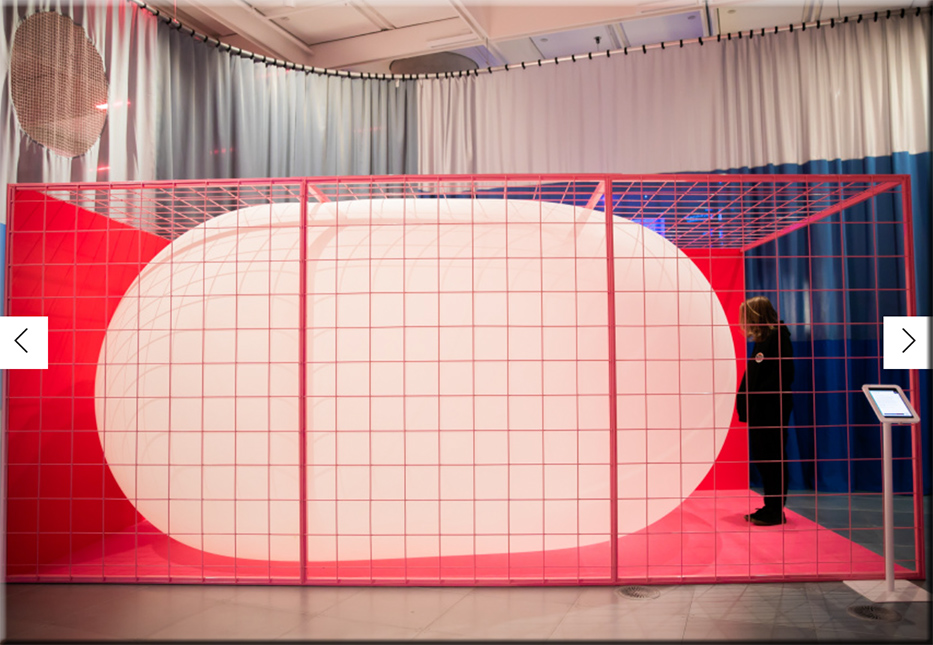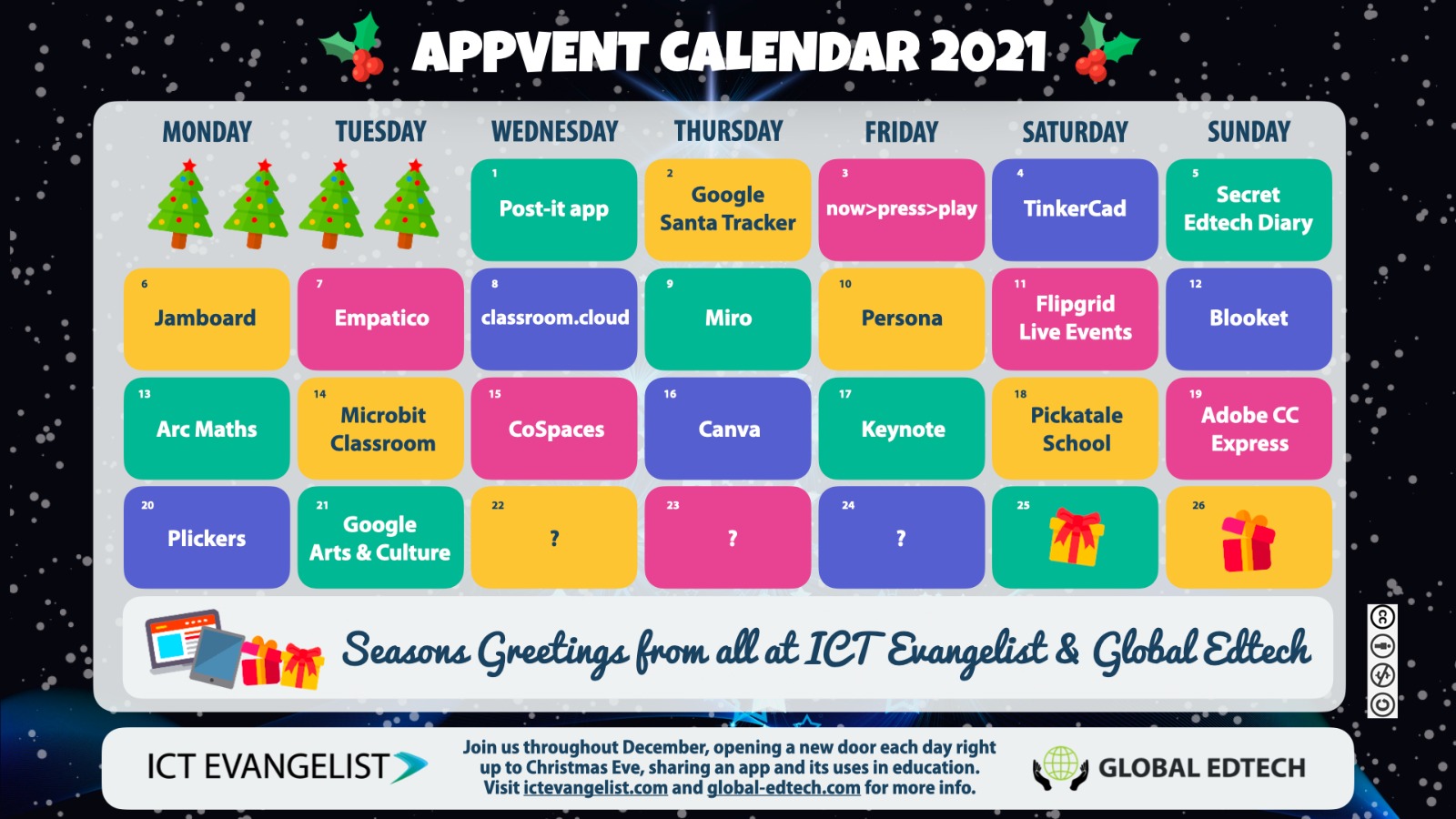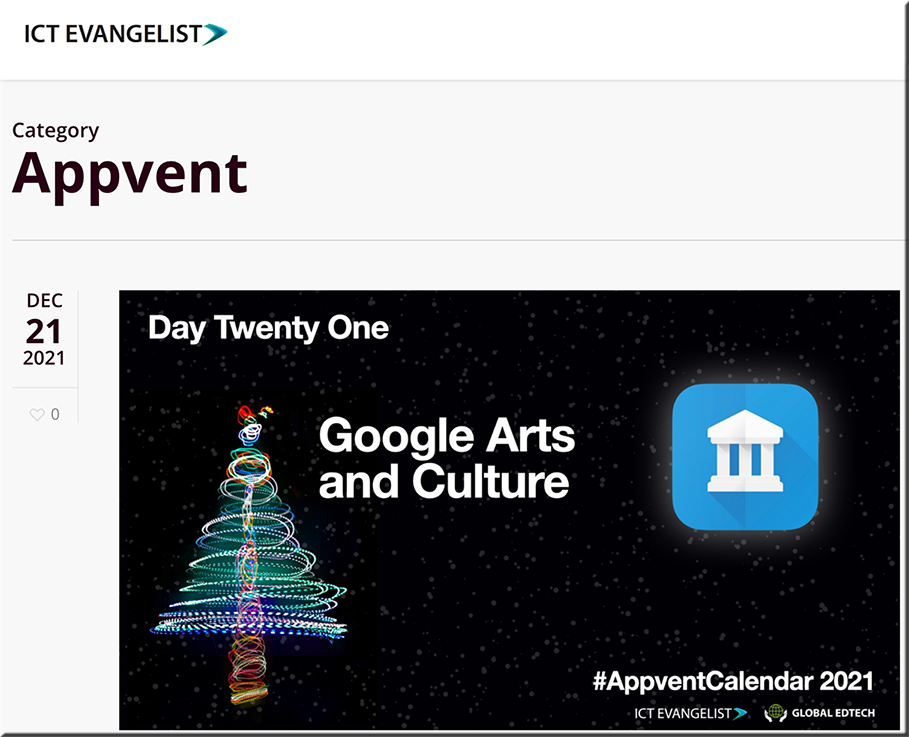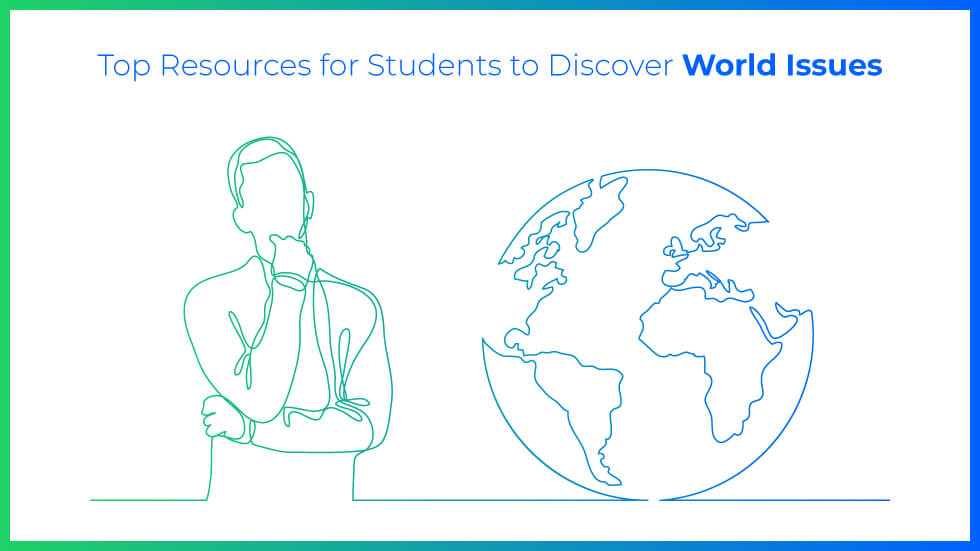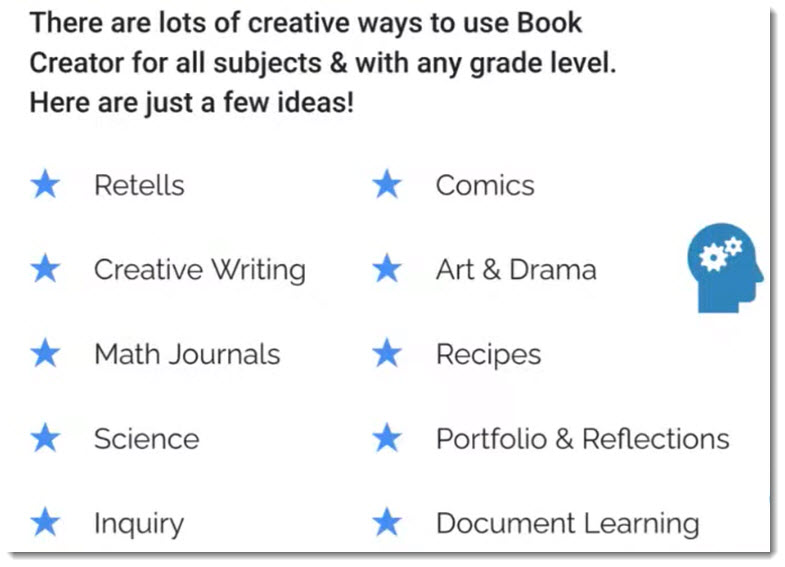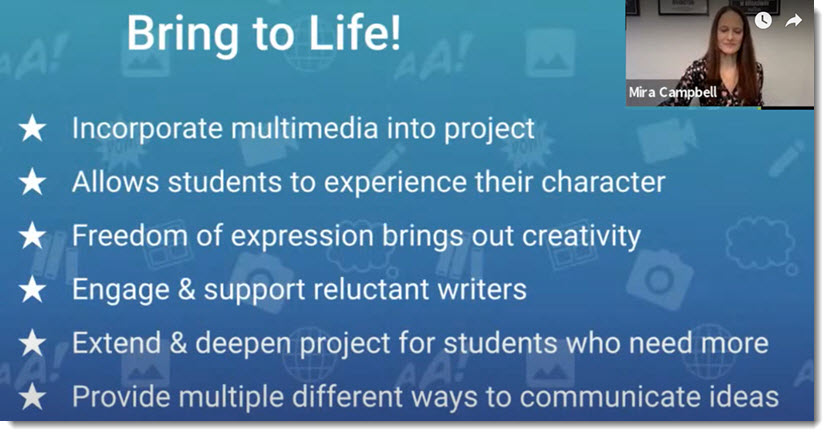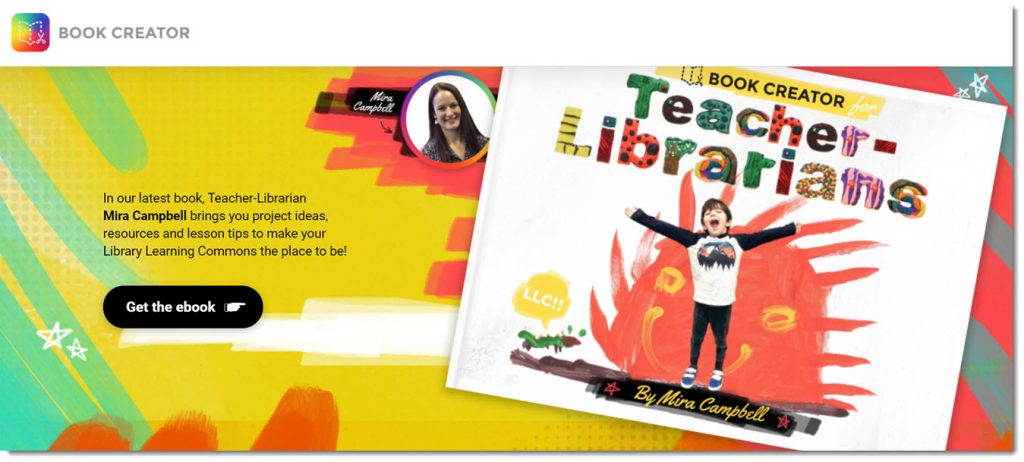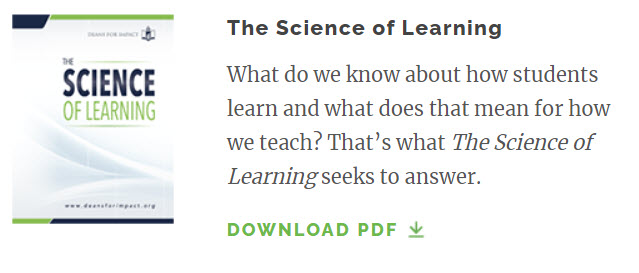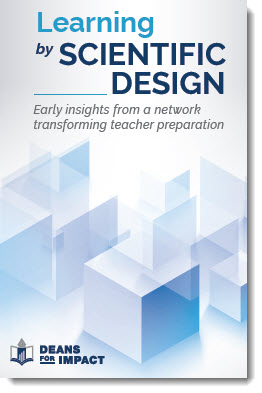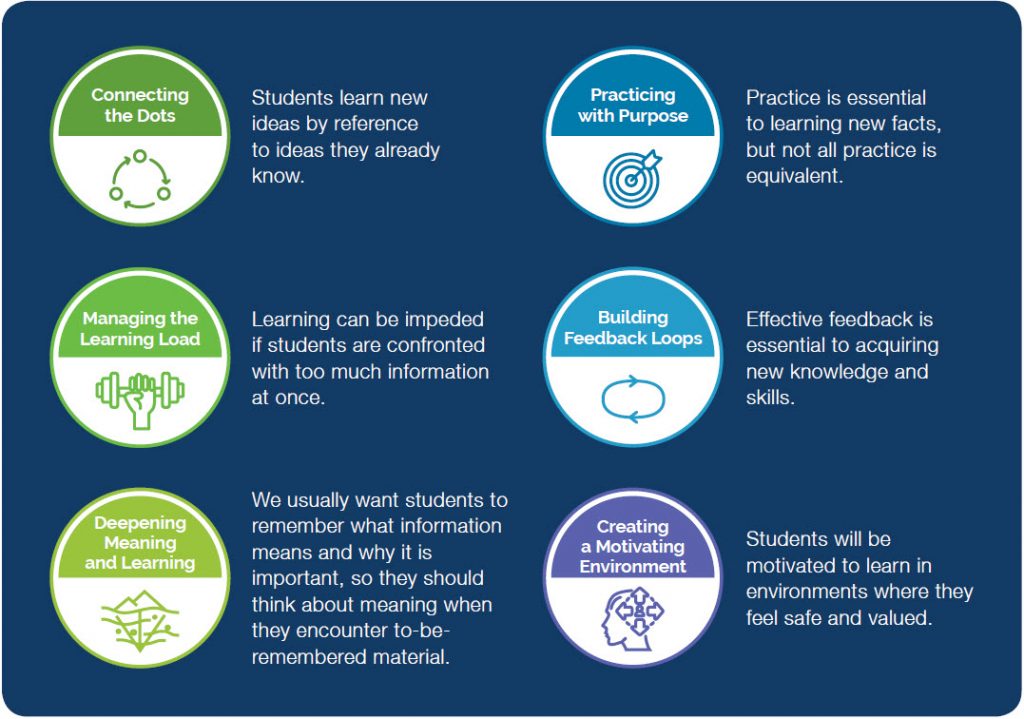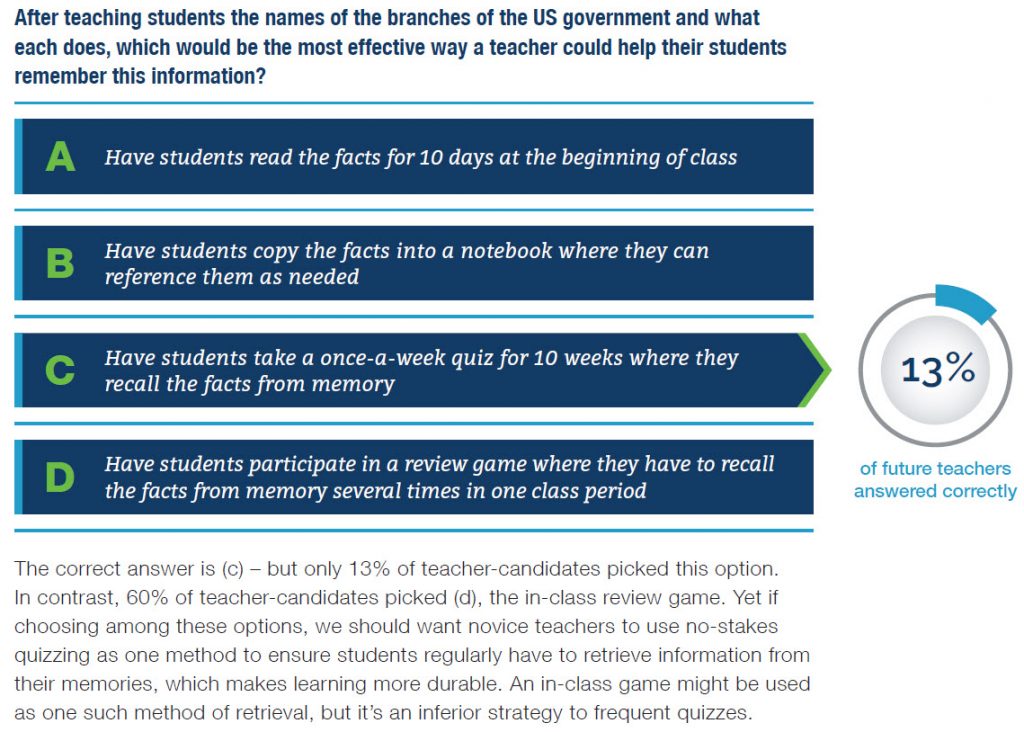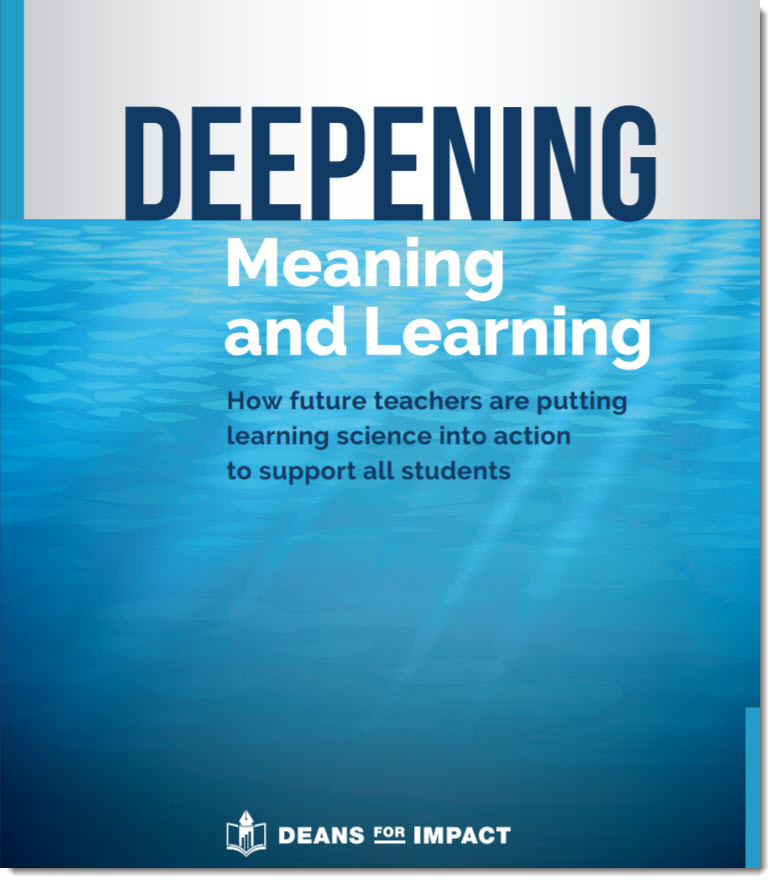Best Deaf Awareness Lessons & Activities — from techlearning.com by Diana Restifo
The following free deaf history and awareness lessons and activities highlight the accomplishments of deaf people in the arts, education, sports, law, science, and music.
Why the Science of Teaching Is Often Ignored — from chronicle.com by Beth McMurtrie
There’s a whole literature on what works. But it’s not making its way into the classroom.
Excerpts:
Yet, teaching reformers argue, the dangers of ignoring the expanding body of knowledge about teaching and learning are ever more apparent. Traditional teaching may have sufficed when college campuses were more ivory tower than lifeboat, educating future generations of scholars and other elites rather than trying to lift up a diverse group of students and prepare them for an increasingly complex world.
Studies have also shown that faculty members are more likely to try evidence-based teaching practices if they feel they have supportive colleagues and departments. Faculty learning communities can be particularly helpful, teaching experts say, because instructors meet regularly over a series of months to tackle complex challenges, often by exploring the research and experimenting with small changes to their teaching.
Reforming teaching evaluations so that they reflect the hard work of reading and reflecting on teaching scholarship is also a critical lever for change.
Sites and apps to enjoy with your kids — from wondertools.substack.com by Jeremy Caplan
Check out Jeremy’s list of sites and apps to review with your kids re:
- Making music delightful
- Bringing joy to science, math, and coding
- Other fantastic resources for kids and families










